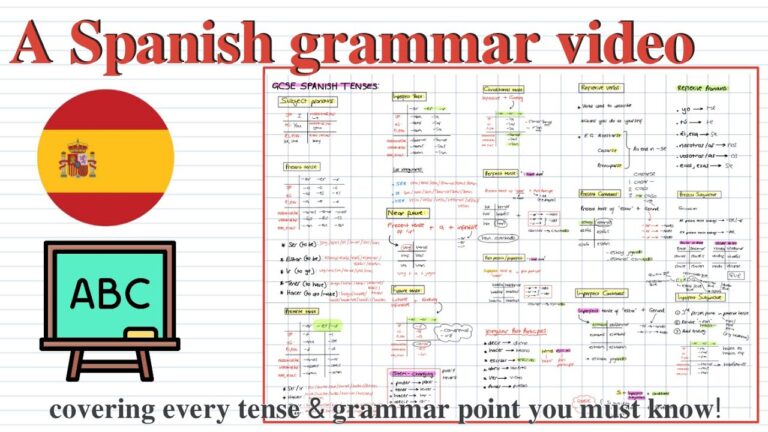Best Manufacturing Courses: Upskill Your Career
The manufacturing industry is undergoing a significant transformation, driven by advancements in technology and changing processes. As a result, the demand for skilled professionals with expertise in modern manufacturing techniques is on the rise.
We are witnessing a shift from traditional methods to more advanced and efficient processes, requiring workers to upskill and adapt to new industry demands. This is where manufacturing education comes into play, providing individuals with the necessary skills and knowledge to succeed.
By investing in learning and education, individuals can unlock new opportunities and advance their careers in the manufacturing sector.
Key Takeaways
- Understanding the critical role of manufacturing education in today’s industrial landscape.
- Recognizing the importance of upskilling in manufacturing for career advancement.
- Exploring the benefits of taking manufacturing courses for professional development.
- Discovering the link between manufacturing education and practical application in industry settings.
- Gaining insights into the global demand for skilled manufacturing professionals.
The Evolution of Manufacturing Education
The evolution of manufacturing education is being driven by the need for a more skilled and adaptable workforce in the face of technological change. As we navigate this shift, it’s essential to understand how manufacturing education has transformed over time.
The historical development of manufacturing education has been marked by significant milestones, from traditional apprenticeship models to formal academic programs and, more recently, digital learning platforms. This progression reflects the industry’s response to technological advancements and changing workforce requirements.
The Digital Transformation of Manufacturing
The digital transformation of manufacturing has been a key driver of change in the manufacturing sector. By integrating cyber-physical systems, IoT, and data analytics into production environments, manufacturers are creating more efficient and responsive production processes. This shift towards smart manufacturing requires a workforce with specialized skills in areas such as data analysis and process optimization.
Why Manufacturing Skills Are in High Demand
The demand for skilled manufacturing professionals is on the rise, driven by the need for innovation and efficiency in the manufacturing process. As the industry continues to evolve, the knowledge and expertise required to succeed in this field are becoming more specialized. Educational institutions and industry partners are collaborating to develop relevant curriculum that addresses real-world manufacturing challenges, ensuring that the workforce is equipped with the necessary skills to drive the manufacturing industry forward.
Understanding the Value of Manufacturing Courses
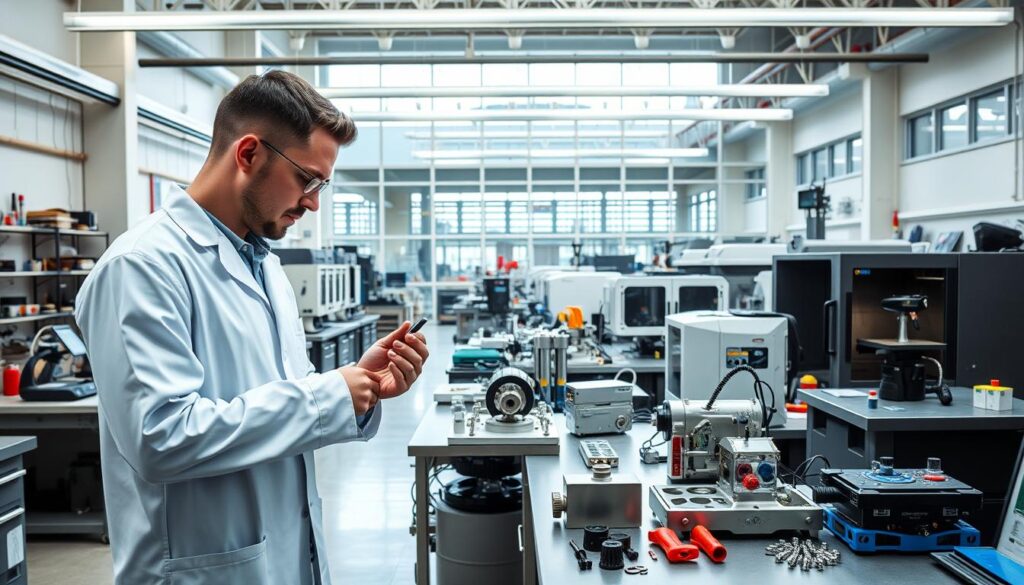
As we explore the manufacturing sector, it becomes clear that investing in manufacturing courses can be a game-changer for career advancement and staying relevant in an increasingly automated industry.
Career Advancement Opportunities
Completing manufacturing courses can lead to tangible benefits, including salary increases, promotion opportunities, and expanded job prospects. Professionals who enhance their skills through these courses are better positioned for career development and leadership roles within the industry.
Staying Competitive in an Automated World
In a rapidly evolving field where automation and AI are changing traditional roles, manufacturing courses provide professionals with the tools to stay competitive. By acquiring new skills and knowledge, individuals can adapt to the changing landscape and remain valuable assets to their organizations.
Bridging the Manufacturing Skills Gap
The manufacturing skills gap is a critical issue facing the industry, with a significant shortage of skilled workers. Targeted education through manufacturing courses can help bridge this divide, ensuring that the workforce is equipped to meet the demands of the future of work in manufacturing.
By focusing on career opportunities and the need for continuous development in the field of manufacturing, it becomes evident that manufacturing courses play a crucial role in shaping the industry’s future.
Types of Best Manufacturing Courses Available
With technological advancements transforming the manufacturing sector, the demand for specialized courses is on the rise. Professionals seeking to upskill in the industry can choose from a variety of courses tailored to different aspects of manufacturing.
Digital Manufacturing and Design Technology
Digital manufacturing and design technology courses focus on virtual modeling, simulation, and digital twin technologies. These courses equip professionals with the skills needed to optimize production processes and improve product design.

Additive Manufacturing and 3D Printing
Additive manufacturing and 3D printing courses teach the fundamentals of this revolutionary production method. Professionals learn about the design and processes involved in creating complex products with additive manufacturing.
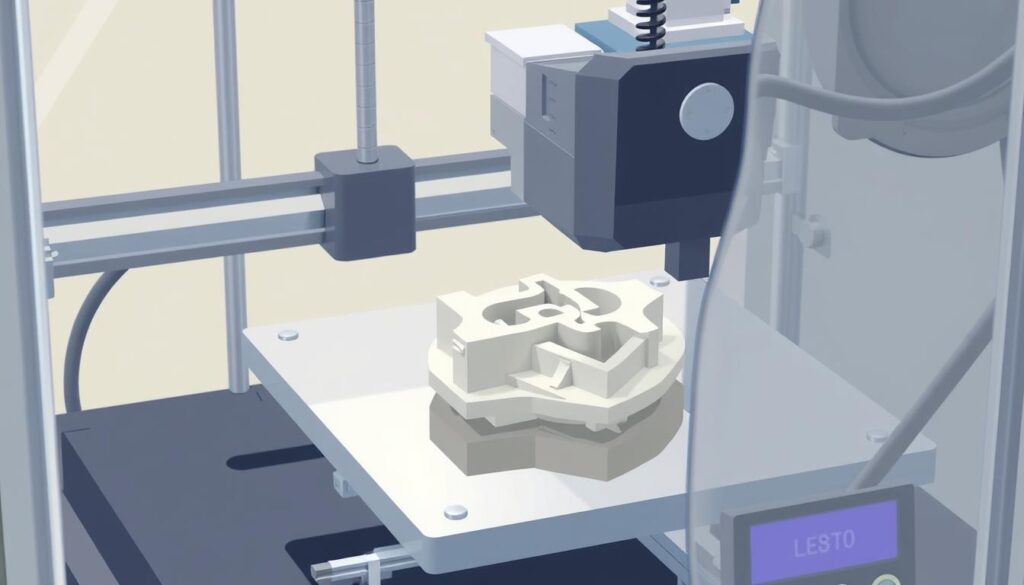
Lean Manufacturing and Process Optimization
Lean manufacturing and process optimization courses help professionals eliminate waste and improve efficiency in production systems. These courses cover lean thinking principles and techniques to optimize processes.
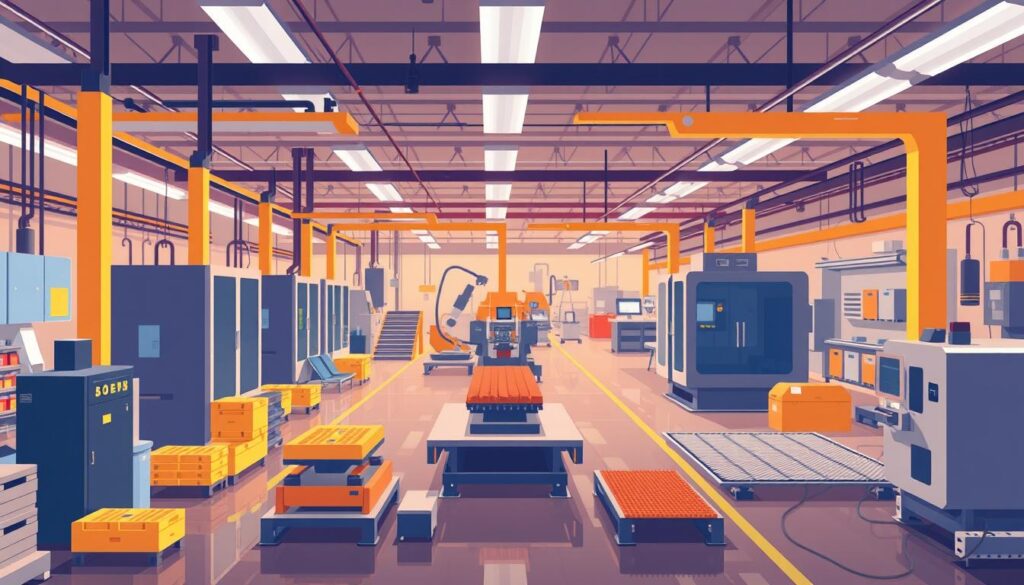
Smart Manufacturing and IoT Integration
Smart manufacturing courses cover IoT integration, data analytics, and automated decision-making in production environments. Professionals learn about the role of technology and smart manufacturing in enhancing production efficiency.
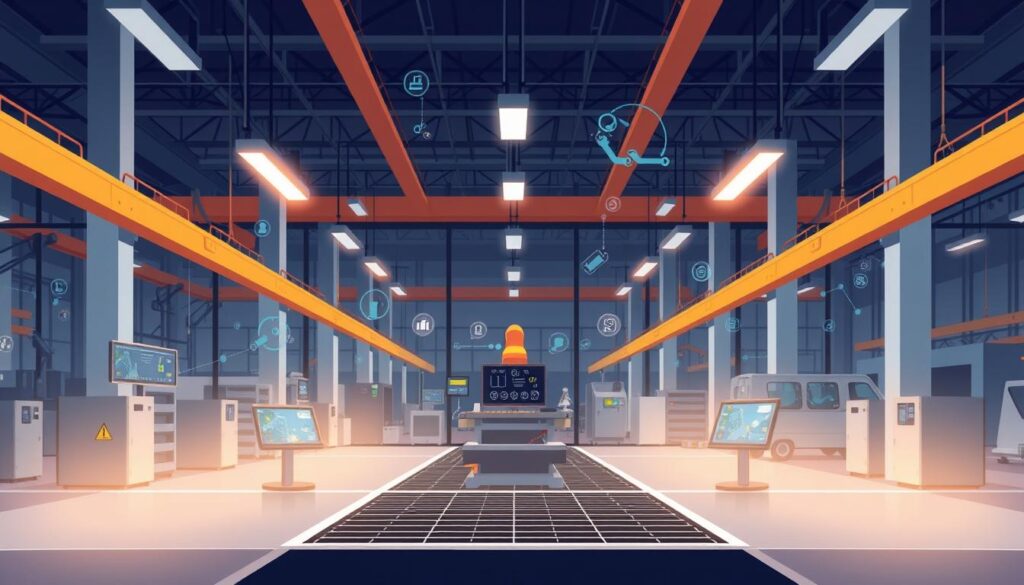
These different course types cater to various career paths and specializations within the manufacturing sector. By choosing the right course, professionals can gain the skills needed to advance their careers and stay competitive in the industry.
Essential Topics Covered in Manufacturing Courses
In the realm of manufacturing education, several key topics are consistently covered to ensure a comprehensive understanding of the field. These topics are crucial for preparing professionals to tackle the complexities of modern manufacturing.
Manufacturing Processes and Systems
Manufacturing courses delve into various manufacturing processes and systems, including different production methodologies such as batch processing and continuous flow manufacturing. Understanding these processes is vital for optimizing production and improving overall efficiency. Students learn about the different manufacturing systems and how they are applied in real-world scenarios.
Quality Control and Assurance
Quality control and assurance are critical components of manufacturing education. Courses cover statistical process control, inspection techniques, and quality management systems to ensure that products meet the required standards. By mastering these concepts, professionals can significantly enhance the quality of their products and reduce defects.
Supply Chain Management
Effective supply chain management is essential for the smooth operation of manufacturing processes. Manufacturing courses cover topics such as logistics, inventory management, and supplier relationships to equip professionals with the skills needed to manage complex supply chains efficiently.
Sustainable Manufacturing Practices
Sustainable manufacturing practices are becoming increasingly important in the industry. Courses now often include topics on waste reduction, energy efficiency, and environmentally friendly production methods. By adopting these practices, manufacturers can minimize their environmental footprint while improving their operations.
These essential topics interconnect to provide a holistic understanding of modern manufacturing operations. By covering these areas, manufacturing courses prepare professionals to tackle real-world challenges and implement effective solutions. The balance between theoretical knowledge and practical applications across these topics ensures that graduates are ready to make a positive impact in the industry.
Top Recommended Manufacturing Courses
The best manufacturing courses can significantly enhance a professional’s career prospects and prepare them for the challenges of a rapidly changing industry. We will explore various educational pathways, including university-based programs, online learning platforms, and industry-specific certifications.
University-Based Programs
University-based manufacturing programs offer comprehensive education and training. University of Michigan’s Digital Technologies Course is a notable example, focusing on future manufacturing technologies.
University of Michigan’s Digital Technologies Course

This course covers the latest advancements in digital manufacturing, preparing students for leadership roles in the industry.
Arizona State University’s Additive Manufacturing Program
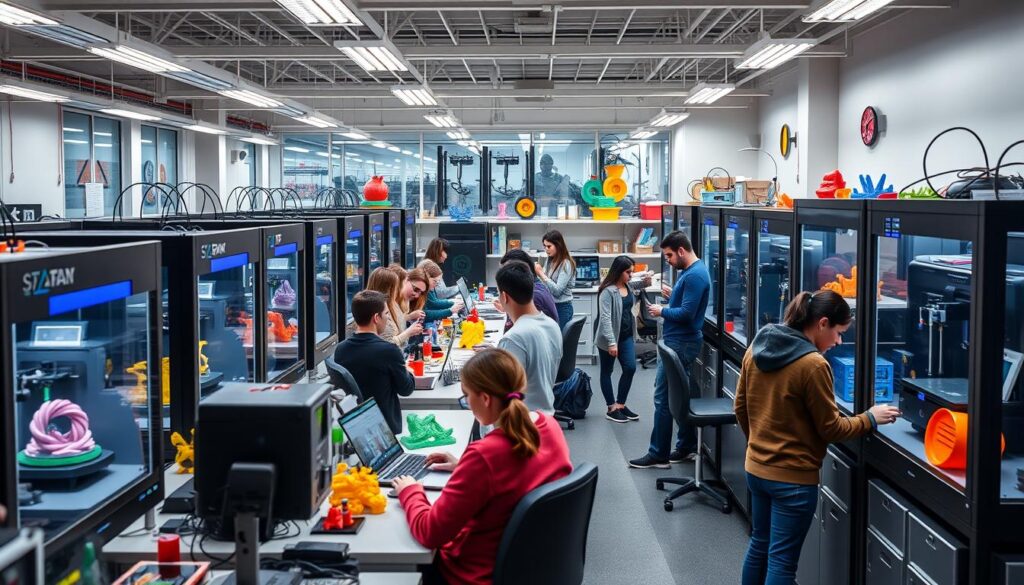
Arizona State University’s program in Additive Manufacturing is designed to equip students with the skills needed for careers in 3D printing and advanced manufacturing.
Online Learning Platforms
Online learning platforms provide flexible and accessible manufacturing education. Coursera’s Manufacturing Specializations offer a range of courses from top universities.
Coursera’s Manufacturing Specializations

Coursera’s specializations cover everything from basic principles to advanced techniques in manufacturing, including digital manufacturing and design technology.
edX’s Manufacturing Curriculum

edX’s manufacturing curriculum addresses sustainable practices and technological advancements, offering various learning paths including bachelor’s degrees and executive education courses.
Industry-Specific Certifications
Industry-specific certifications provide targeted skills for particular manufacturing sectors or technologies. These certifications are crucial for professionals looking to specialize in areas like smart manufacturing or quality control.
By comparing the different learning formats, time commitments, and prerequisites for each recommended course, professionals can make informed decisions about their education and training. We provide guidance on selecting the right manufacturing course based on career goals, current skill level, and professional aspirations.
Conclusion: Investing in Your Manufacturing Career
As we conclude our exploration of manufacturing courses, it’s clear that investing in your manufacturing education is a strategic move for career growth. The manufacturing industry is undergoing a significant transformation with the adoption of smart manufacturing technologies, creating new opportunities for skilled professionals.
By investing in manufacturing courses, you can stay ahead of the curve and enhance your manufacturing operations skills. This investment in your education can lead to improved production processes and supply chain management, making you a valuable asset to your organization.
To take the next step, assess your current skills and identify knowledge gaps. Pursue high-quality manufacturing courses that align with your career goals, and expect a significant return on investment. By doing so, you’ll be well on your way to a successful and sustainable career in the manufacturing sector.







